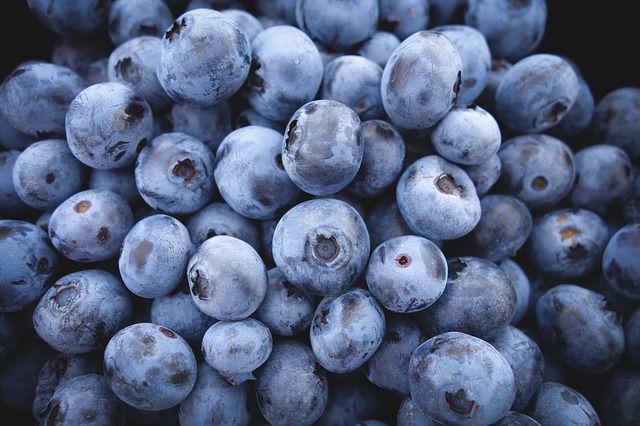As an athlete, you want to keep going all through to the finish line. This means having the stamina to stand the strenuous task, and without a good nutritional input, you are bound to fail on achieving the results you crave. There are foods that can help you stay fit; whole grains, antioxidants, plant based proteins, all count.
Quinoa
Although it’s really a sprouted seed, quinoa is usually considered a whole grain—and a super one, at that. It’s got nearly twice as much protein (8 grams per cup) as other grains, and it’s one of the only foods to contain all nine essential amino acids our bodies need to build lean muscle and recover from tough workouts.
 Berries
Berries
Antioxidants such as vitamins A, C, and E help protect against oxidative stress and free radicals that form in the body during strenuous physical activity—and berries are one of the best sources out there, says Lewin. (Bonus: Eating lots of antioxidants also seem to help preserve muscle strength as you age, according to a 2009 study.)
Beans and Legumes
For vegetarian athletes (or those who just want to go meatless once and a while), plant-based sources of protein are a must. These include soybeans (and tofu), lentils, peas, and all varieties of beans—black, pinto, white, kidney, you name it. “Most people don’t eat enough of these or they say they don’t like them,” says Lewin. “But really, you can do so much with them: add them into salads, make a three-bean chili, and eat hummus… you don’t have to just eat them straight out of a can every day.”
Sourced From: https://www.outsideonline.com/1869731/9-best-foods-athletes
Some foods are just not the right choice for an athlete, and if you have ever had a bad diet backfire while on the track then you know better. Athletes need to watch closely what they eat, either habitually or before setting off to the field. There are some foods that as an athlete you should steer clear, lest you are in for real trouble.
Bacon
That crispy, sizzling slice of meat sitting next to your eggs at breakfast is doing you no favors.
“Bacon has minimal protein, lots of saturated fat and minimal nutritional value,” says Leslie Bonci, RD, nutrition consultant to the Pittsburgh Pirates, Pittsburgh Steelers and other professional teams. “It’s also high in salt, which not all athletes need.”
Foods with Hydrogenated Oils & Trans Fats
These aren’t exactly foods. They’re ingredients—ones you should avoid at all costs. In fact, the FDA may eventually ban trans fats altogether. They took the first steps this past fall.
“Hydrogenated oils and trans fats are vegetable oils that have had a hydrogen molecule added to their chemical structure through a process called hydrogenation,” says Nate Miyaki, author of The Samurai Diet: The Science and Strategy of Winning The Fat Loss War. “This chemical alteration, however, is what makes these foods so problematic if you are an athlete. They’ve been shown to increase belly fat and abdominal obesity, and cause an inflammatory response in the body, which impairs optimal recovery.”
Grain-based desserts
We’re talking about things like cakes, cookies, pastries, those sponge cakes with the crème filling—y’know, all the stuff you know is bad. “They’re one of the top sources of added sugar and saturated fat in the diet,” says Dubost.
Sourced From: http://www.stack.com/a/worst-foods-for-athletes
Drinks are inevitable input for refreshment and hydration when doing such strenuous activities as running and this makes them an important aspect for athletes. However, not every drink is a safe option; some drinks have their downsides which automatically disqualify them from being a suitable choice, if you are an athlete who cares about your well-being.
Milk
Milk is a fluid, so it can contribute to the young athlete’s hydration status, however, milk can cause an upset stomach or other stomach issues when exercising.
Soda
Soda is never a good option for the young athlete. The presence of refined sugar, artificial colors, caffeine, and other additives outweigh the hydration they could provide.
Energy Drinks
Energy drinks are quite popular amongst middle school and teenage athletes, despite their safety and efficacy being a big question. Energy drinks are problematic when it comes to the young athlete. First, they contain caffeine and other stimulant ingredients (like herbals) that may contribute to health problems such as an irregular or rapid heartbeat, agitation, and difficulty sleeping.
Sourced From: http://www.100daysofrealfood.com/2015/08/13/best-worst-drinks-for-young-athletes/






